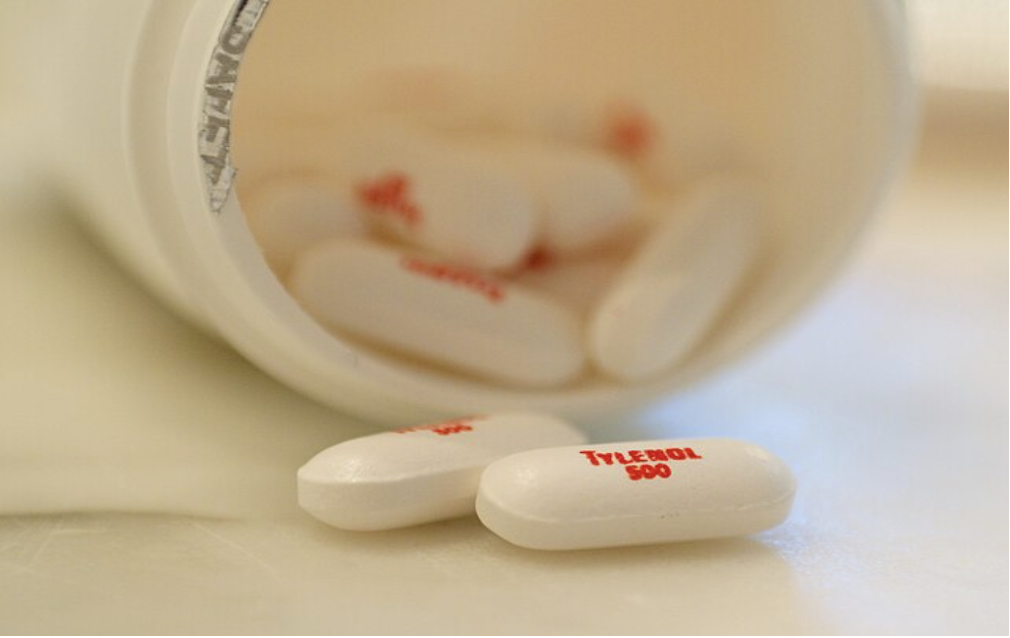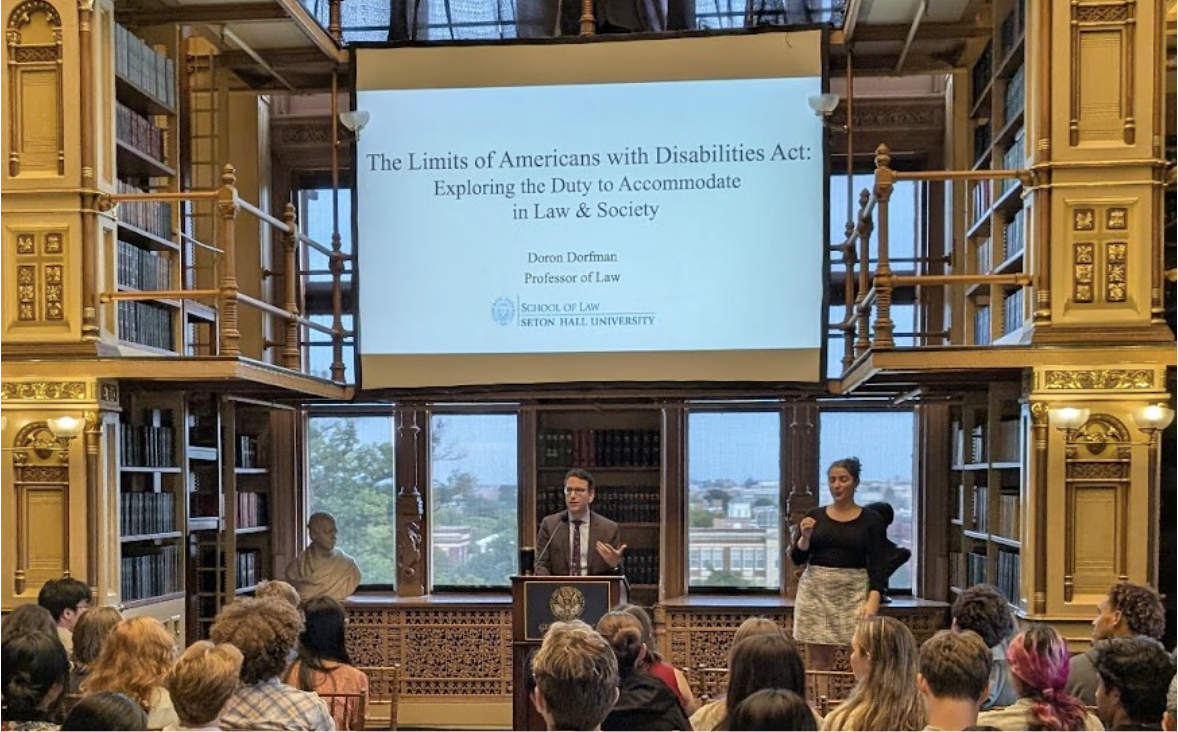At the Super Bowl LIX halftime show Feb. 9, Kendrick Lamar delivered an electrifying performance studded with political messaging. From Uncle Sam to a split American flag, Lamar — as a Pulitzer Prize-winning artist — encapsulated the turmoil so many people in the United States are experiencing today. Viewers speculated that embedded in Lamar’s performance was a critique of the current administration of President Donald Trump.
Lamar’s performance spoke to the immense uncertainty in the United States right now. The Trump administration has made significant changes, especially in the landscape of health care. In light of an “America First” strategy, the administration slashed funding to Medicaid, the U.S. Agency for International Development (USAID) and numerous other federal programs at the expense of national and global health.
What does the new administration’s outlook on health mean for the well-being of people in the United States and vulnerable populations globally?
Global health experts have expressed their strong concern over the recent 90-day federal freeze of funding for USAID. The agency is tasked with providing disaster, development and democratic assistance to countries around the world. The impact of these fell-swoop budget cuts will span dozens of countries and millions of people, particularly related to the many health programs overseen by USAID.
Some of the paramount infectious disease crises of the past century, including tuberculosis (TB) and HIV/AIDS, continue to threaten the health and well-being of people worldwide. Dr. Tom Wingfield, an expert on tuberculosis at the Liverpool School of Tropical Medicine, said infectious diseases aren’t impeded by political borders and will only worsen with crises like climate change and mass population displacement.
TB is not the only disease endangering the health of vulnerable populations. Thousands of people will be left without HIV/AIDS services due to the dismantling of USAID. Salim Abdool Karim, director of the Centre for the AIDS Program of Research in South Africa, reported that a bulk of the institution’s funding comes from USAID. Without access to antiretroviral treatment that prevents the spread of HIV and progression to AIDS, potentially catastrophic effects may be imminent, according to Karim.
Several vaccination and nutritional programs have also shut down completely in several African countries, including South Africa, Mozambique and Malawi. This will have destructive effects on vulnerable populations –– hundreds of thousands of children in Africa, for example, are already going without school meals, which they rely upon for adequate nutrition. Although the U.S. Department of State issued a mandate promising that life-saving medication will be delivered, it is unclear what services these include.
Further compounding the issue, cuts to crucial funding have begun to have widespread impacts on universities and academic institutions — including Georgetown University — especially regarding funding for scientific research on these key infectious diseases. The National Institutes of Health reported that 26% of their federal funding has been cut, which scientists say may have a devastating effect on research surrounding cancer, heart disease and diabetes.
These impacts will be felt in not only foreign countries but in the United States as well. Dr. Robert Lefkowitz, a professor of medicine at Duke University and a Nobel prize-winning chemist, noted that decreased funding will result in worse consequences and poorer health outcomes. In an effort to put “America First,” the administration’s actions will obstruct critical scientific research and development, fundamentally harming the most vulnerable populations both in the United States and abroad.
The Trump administration’s potential Medicaid cuts also have the potential to directly amplify health inequities. Medicaid provides insurance to many people in the United States, especially children, disabled people, pregnant women and low-income individuals. Millions of people rely on Medicaid for their health care and, without it, the public health effects will be devastating, especially for those who need medical care the most. With the confirmation of Robert F. Kennedy Jr. — who proved to be wholly unfamiliar with Medicare and Medicaid in his testimony to the Senate Finance Committee — as secretary of the Department of Health and Human Services, health care for many in the United States is at grave risk.
Kennedy, a staunch vaccine skeptic who has repeatedly falsely claimed that vaccines are linked to autism, will undoubtedly fuel a rise in anti-vaccine rhetoric. Scientific misinformation has already driven vaccine hesitancy to terrifying proportions, as can be observed right here in Washington, D.C., which in 2024 experienced an uptick of measles cases — a disease previously deemed eradicated in the United States. Given the steady decline in childhood vaccination rates, herd immunity — the governing principle behind mass vaccination — is in jeopardy. This opens the door to not only reemerging diseases like measles but also the inevitable disparities they drive by impacting the most vulnerable populations first.
So much for “America First,” right?




